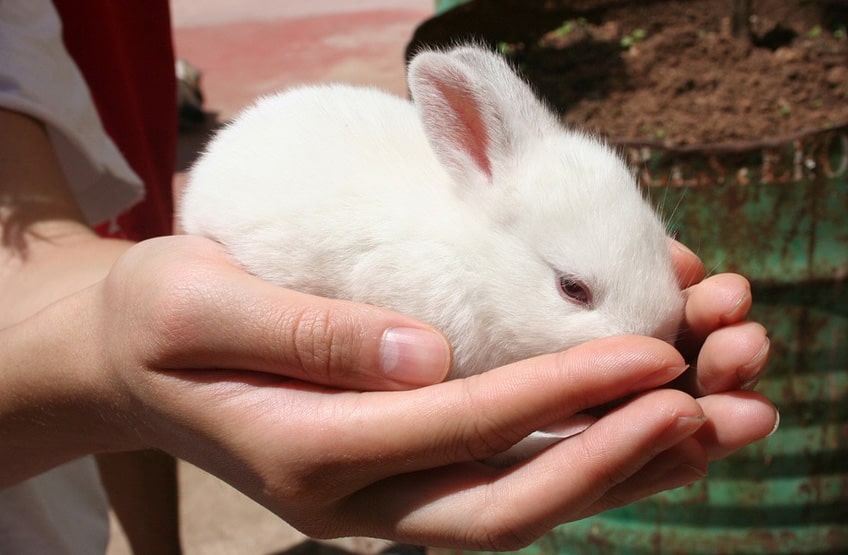
Caring for Baby Rabbits: A Comprehensive Guide
Introduction
Baby rabbits, also known as kits, are adorable and delicate creatures that require specialized care to thrive. Understanding their unique needs is crucial for ensuring their well-being and fostering their healthy development. This comprehensive guide will provide you with all the essential information you need to care for baby rabbits, from their initial arrival to their transition into adulthood.
Bringing Home Baby Rabbits
- Age: Ideal age for adoption is 8-10 weeks old. At this age, they are weaned and have developed some independence.
- Housing: Prepare a spacious cage or hutch with ample room for movement, sleeping, and a litter box. Line the cage with soft bedding, such as hay or shredded paper.
- Temperature: Baby rabbits are sensitive to temperature fluctuations. Maintain a temperature range of 65-75°F (18-24°C).
- Food: Provide unlimited access to fresh hay, pellets, and water. Hay should constitute the majority of their diet.
- Socialization: Handle baby rabbits gently and regularly to socialize them. This will help them become comfortable with human interaction.
Feeding Baby Rabbits
- Nursing: If the mother rabbit is present, she will nurse the kits for the first 4-6 weeks.
- Bottle-feeding: If the mother is not available, bottle-feed the kits with a special kitten milk replacer. Feed every 2-3 hours, gradually reducing the frequency as they grow.
- Weaning: Begin weaning kits at 4-6 weeks old by gradually introducing solid food.
Health Care
- Vaccinations: Consult with a veterinarian about necessary vaccinations for your rabbits.
- Parasite Control: Regularly check for and treat parasites, such as fleas, mites, and worms.
- Dental Care: Rabbits’ teeth grow continuously, so provide them with plenty of hay to chew on to maintain dental health.
- Spaying and Neutering: Consider spaying or neutering your rabbits to prevent unwanted litters and certain health issues.
Grooming
- Brushing: Brush your rabbits regularly to remove loose fur and prevent matting.
- Nail Trimming: Trim their nails as needed to prevent overgrowth and discomfort.
- Ear Cleaning: Check their ears regularly for signs of infection or mites. Clean them gently with a cotton swab dipped in warm water.
Behavior
- Hopping: Baby rabbits are naturally curious and playful. Provide them with ample space to hop and explore.
- Digging: Rabbits love to dig. Offer them a designated digging area filled with hay or shredded paper.
- Binkying: Binkying is a playful behavior where rabbits jump and twist in the air. It’s a sign of happiness and contentment.
Special Considerations
- Orphaned Kits: If you find orphaned kits, contact a wildlife rehabilitator or veterinarian immediately.
- Abandoned Kits: If the mother rabbit abandons her kits, try to reunite them. If unsuccessful, bottle-feed the kits and provide them with extra warmth.
- Injured Kits: If a kit is injured, seek veterinary attention promptly.
Transition to Adulthood
- Independence: As baby rabbits mature, they will become more independent and require less frequent feedings and care.
- Socialization: Continue to socialize your rabbits to ensure they are comfortable with humans and other animals.
- Bonding: If you have multiple rabbits, bond them gradually to prevent aggression.
Conclusion
Caring for baby rabbits is a rewarding experience that requires patience, dedication, and a deep understanding of their unique needs. By following the guidelines outlined in this comprehensive guide, you can provide your baby rabbits with the optimal environment and care they need to thrive and develop into healthy, happy adults. Remember to consult with a veterinarian regularly for professional advice and support to ensure the well-being of your furry companions.
